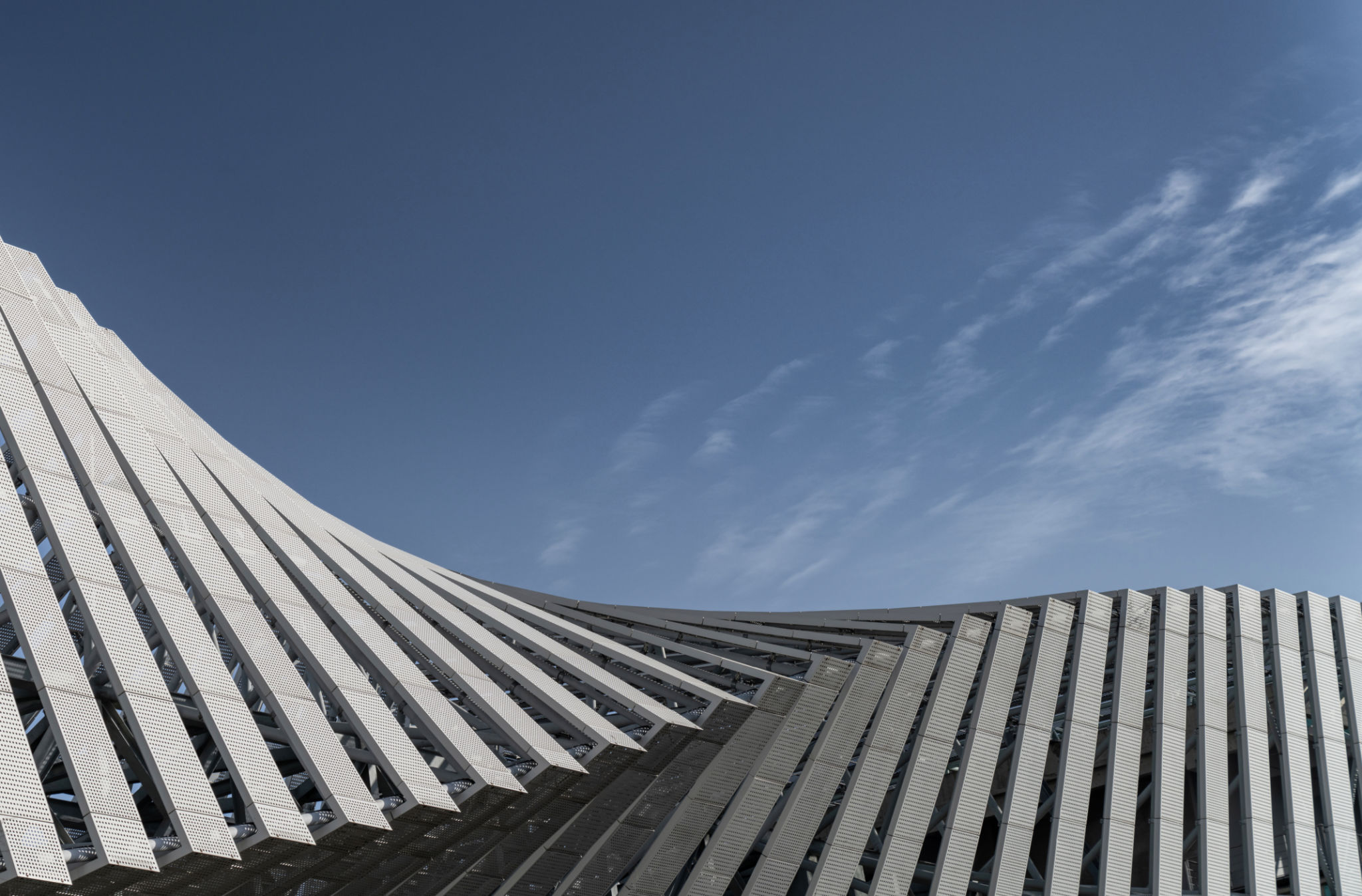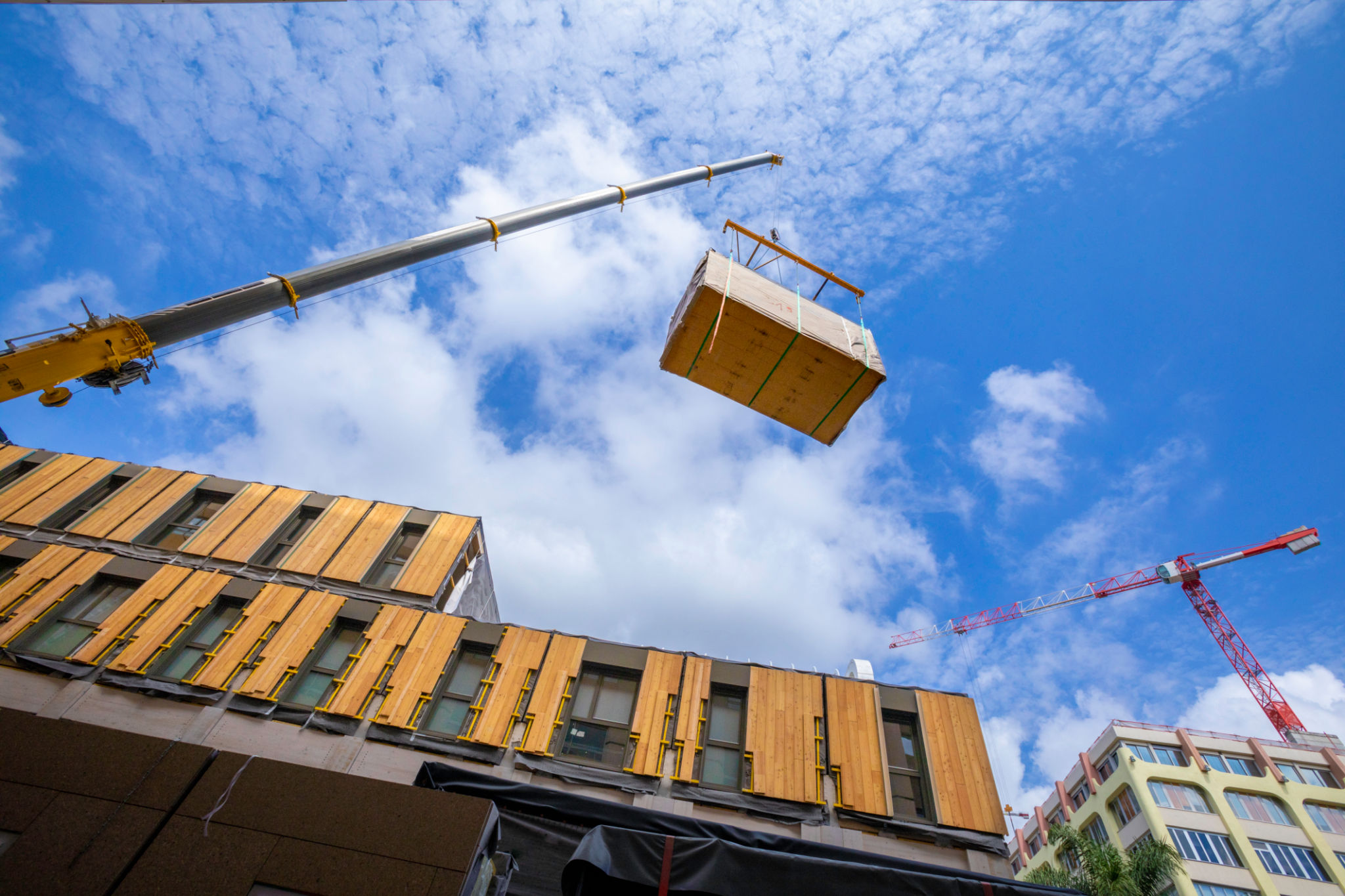The Future of Commercial Building in the UK: Trends to Watch
Innovative Architectural Designs
The landscape of commercial buildings in the UK is undergoing a profound transformation, driven by innovative architectural designs. Architects are increasingly focusing on creating structures that are not only aesthetically pleasing but also functionally efficient. This shift is evident in the use of sustainable materials and smart building technologies that enhance both the form and function of commercial spaces.
One significant trend is the incorporation of biophilic design elements, which aim to bring the outside in. This includes the use of natural lighting, green walls, and open spaces that promote well-being among occupants. The result is a more inviting and productive environment, crucial for modern businesses striving for employee satisfaction and retention.

Sustainability and Energy Efficiency
Sustainability remains at the forefront of the future of commercial buildings in the UK. With increasing regulatory pressures and a growing public demand for environmentally responsible practices, developers are prioritizing energy-efficient solutions. The integration of renewable energy sources such as solar panels and wind turbines is becoming commonplace, reducing the carbon footprint of these structures.
Moreover, energy-efficient HVAC systems and LED lighting are standard features in new commercial buildings. These technologies not only lower operational costs but also support the UK's commitment to net-zero carbon emissions by 2050. The emphasis on sustainability is reshaping how commercial buildings are designed and operated.

Smart Building Technologies
The rise of smart building technologies is revolutionizing the commercial real estate sector. These technologies allow for greater control over building systems, including lighting, heating, and security. Through the use of IoT devices and advanced data analytics, building managers can optimize energy use, enhance security, and improve occupant comfort.
Notably, smart technologies enable predictive maintenance, reducing downtime and extending the lifespan of building systems. This proactive approach to maintenance is becoming an essential component of modern commercial buildings, as it ensures efficiency and cost-effectiveness.

Flexible Workspaces
The demand for flexible workspaces has surged in recent years, a trend that is expected to continue shaping the future of commercial buildings in the UK. Companies are seeking adaptable office environments that can easily accommodate changing workforce needs. This has led to an increase in open-plan layouts and multifunctional spaces.
Additionally, coworking spaces are becoming an integral part of commercial buildings, offering businesses flexibility in terms of space usage. These spaces provide a collaborative environment where companies can share resources and reduce costs. The flexibility offered by these modern workspaces is vital for companies navigating an ever-evolving business landscape.

Urban Regeneration Projects
Urban regeneration projects are playing a crucial role in shaping the future of commercial buildings across the UK. These projects aim to revitalize underutilized areas, transforming them into vibrant commercial hubs. By repurposing existing structures, developers can preserve historical elements while integrating modern amenities.
This approach not only breathes new life into urban areas but also supports sustainable development goals. As cities continue to grow, urban regeneration will be key to accommodating new businesses and residents without expanding outward, thus preserving green spaces.

The Role of Technology in Construction
The construction industry in the UK is seeing a significant impact from technological advancements. Innovations such as Building Information Modeling (BIM) and 3D printing are streamlining construction processes, enhancing precision, and reducing waste. These technologies enable developers to bring complex architectural visions to life more efficiently than ever before.
BIM, in particular, facilitates better collaboration among stakeholders by providing a comprehensive digital representation of a building before construction begins. This improves decision-making and minimizes costly errors, paving the way for more successful outcomes in commercial building projects.

